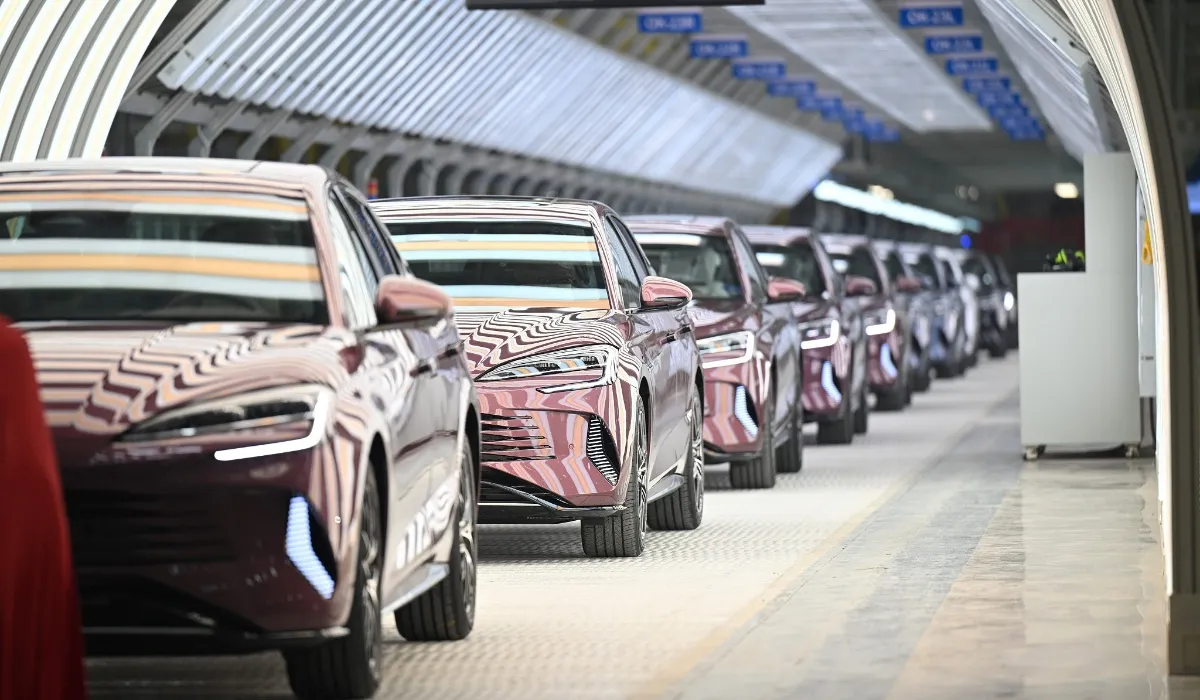The Chinese government has strongly criticized the European Union for imposing tariffs on electric vehicle (EV) imports, following the European Commission’s decision to lower duties on several major EV manufacturers, including Tesla.
China’s response to the EU’s electric vehicle tariff decision
A spokesperson from China’s Ministry of Commerce expressed Beijing’s discontent, stating that the EU’s investigation into China’s subsidies for its EV industry has reached “pre-determined conclusions,” and accused the bloc of promoting unfair competition. “China will take all necessary steps to firmly defend the legitimate rights and interests of Chinese companies,” the spokesperson declared.
EU’s adjustment of import duties on Chinese electric vehicles
The European Commission, the EU’s executive arm, recently reduced import duties on several electric vehicle manufacturers importing cars from China, including Tesla, which saw its tariff set at 9%, significantly lower than the previously anticipated 20.8%. These tariffs are in addition to the existing 10% duty on battery electric vehicles imported into the EU from China.
The Commission also lowered tariffs on several Chinese EV manufacturers, such as BYD, SAIC, and Geely. The tariffs, initially announced by the EU in June, are a response to concerns that China’s generous subsidies for its EV industry are distorting competition in Europe.
Beijing’s rebuke of the EU’s EV subsidy investigation
In reaction to the EU’s actions, the Chinese Commerce Ministry emphasized that both the Chinese government and its EV industry had provided
“tens of thousands of pages of legal documents and evidence”
through various channels, including questionnaires, written comments, and hearing statements.
The Ministry argued that these documents thoroughly demonstrated the unreasonable and non-compliant practices of the EU and warned that the imposed tariffs
“will disrupt the stability of the global automotive supply chain, including that of the EU.”
The Ministry further criticized the EU’s final decision, stating it
“did not fully consider China’s views”
and was based on “facts” unilaterally determined by the EU, rather than those mutually agreed upon by both parties. China, the Ministry stated, “firmly objects and is deeply concerned” about this outcome. The Ministry also expressed a desire to resolve trade disputes with the EU and to take practical measures to prevent an escalation of trade tensions.


